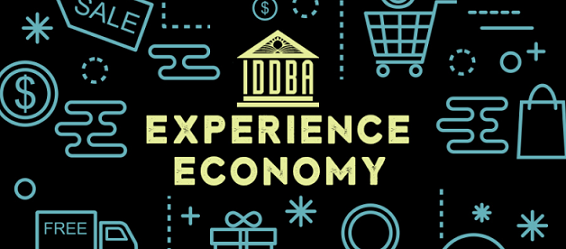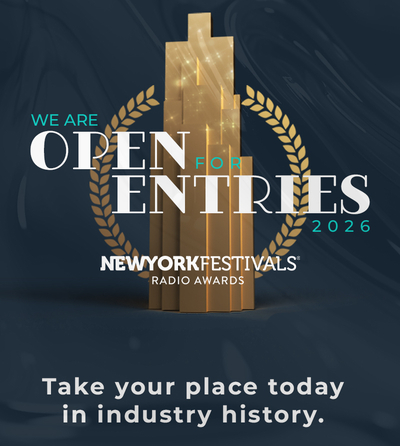 From token service to built-in ‘immediate’ service
From token service to built-in ‘immediate’ service
Predictions for 2017
The experience economy was the big headline in most 2017 trend reports. This refers to consumers’ growing appetite for experiences at the expense of material possessions, and businesses’ drive to add value by offering services alongside their products. Our 2017 trends report on AI showed how data can be used to create sophisticated personalised services and improve customer experience. Other reports highlighted the fact that the experience economy is now reaching critical mass.
What happened in 2017?
More businesses offered tailor-made recommendations according to their customers’ behaviour and to the preferences of people with similar interests. For example, the voice-controlled personal assistant ‘Alexa’ can recommend music that you might like based on previous listening habits. Airbnb super hosts are out to delight, offering not only their place to stay in, but also a concierge service that surpasses anything a hotel concierge could offer. IKEA’s purchase of the digital labour market TaskRabbit has allowed it to add home assembly to the furniture-buying experience.
What’s next?
We believe experience-on-demand is going to be considered the new normal in 2018. People will expect services once considered ‘nice to have’ to be built-in to the basic product offering. Services that offer delight and surprise will become standard – delivered at the right time, for the right amount of time, and in the right place.
People expect brands to put their data to work, to improve in-the moment experiences and uncover previously hidden insights into their behaviour. In their social lives, when traveling or eating, connected consumers don’t expect to plan ahead. Now, they’re bringing this mind set to their product and service choices: ‘don’t make me plan ahead: adapt as I change!’ People will come to expect exceptional builtin service. The challenge is as clear as it is intimidating: serve customers’ ever changing, in-the-moment needs and offer exceptional service beyond their expectations.
What does this mean for marketers?
The rise of the experience economy has allowed whole industries to adapt to digital transformation. Think of how the music industry went from using live experience to promote album sales, to using albums to promote live experiences. While most industries have not been disrupted to the same level as music, all businesses need to recognise the growth opportunity that improved experiences have to offer.
To define the opportunity, brands have to move from simply selling a product to understanding what brand service they provide. In the analgesics market, the brand can go beyond offering pain relief in a pill to offer a pain management service, as demonstrated by Nurofen’s launch of FeverSmart Temperature Monitor, its apps-driven smart thermometer for kids.
While we should not discount the power of physical experiences – look at the recent global popularity of escape rooms – the easiest way to improve experience is through adding digital-based services and using digital to improve performance.
Experience can improve brand performance across all stages of the consumer journey. Personalised products can increase relevance and consideration. Judicious use of a better sampling experience to well-targeted consumers can improve conversion and recruitment. Smart subscriptions can improve loyalty. Increased consumer expectations and new competition from experience-based brands means that brands must not only deliver these better experiences in the present, but constantly consider how technology can improve their experience in the future.
Source:ZenithMedia


